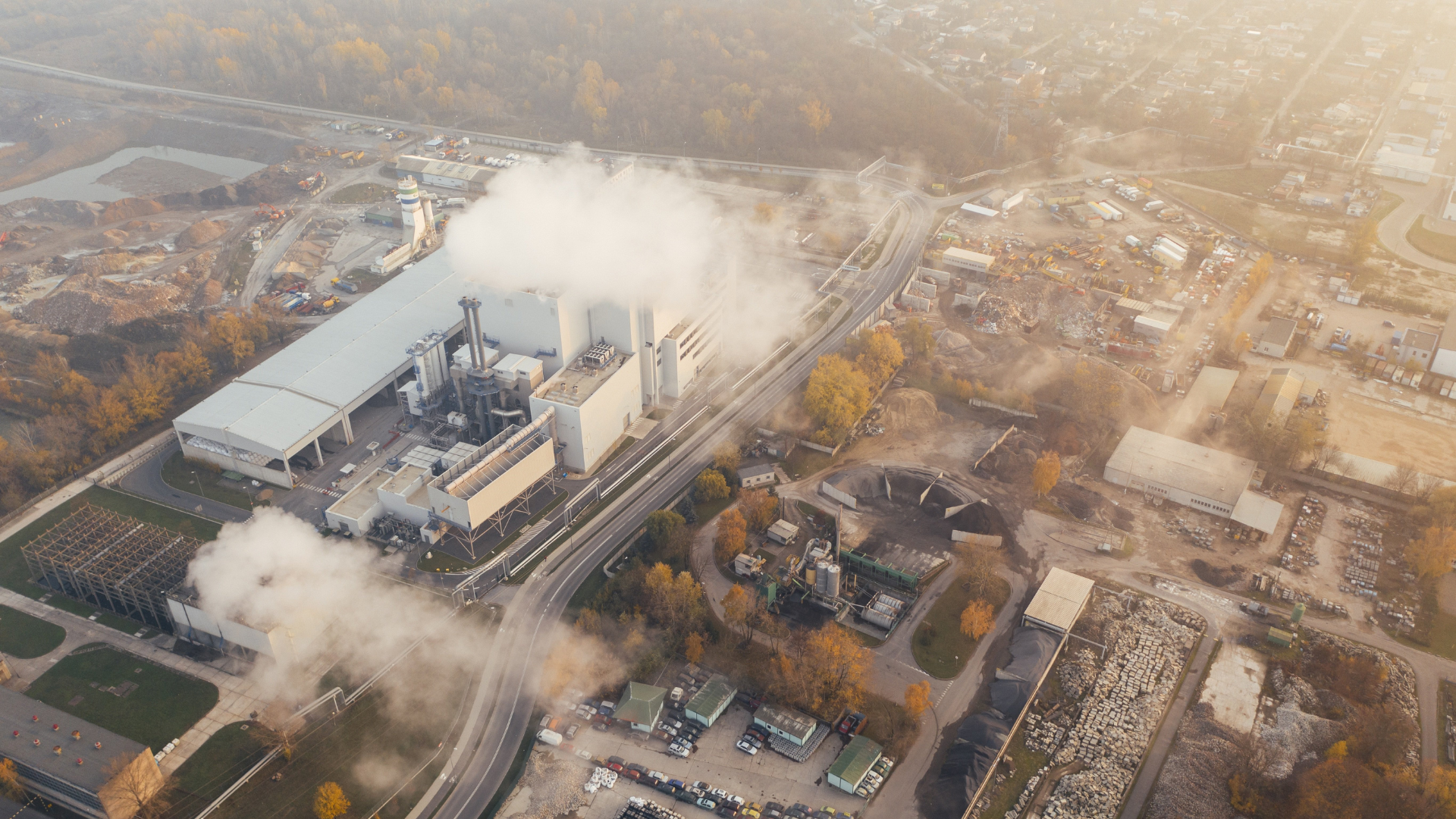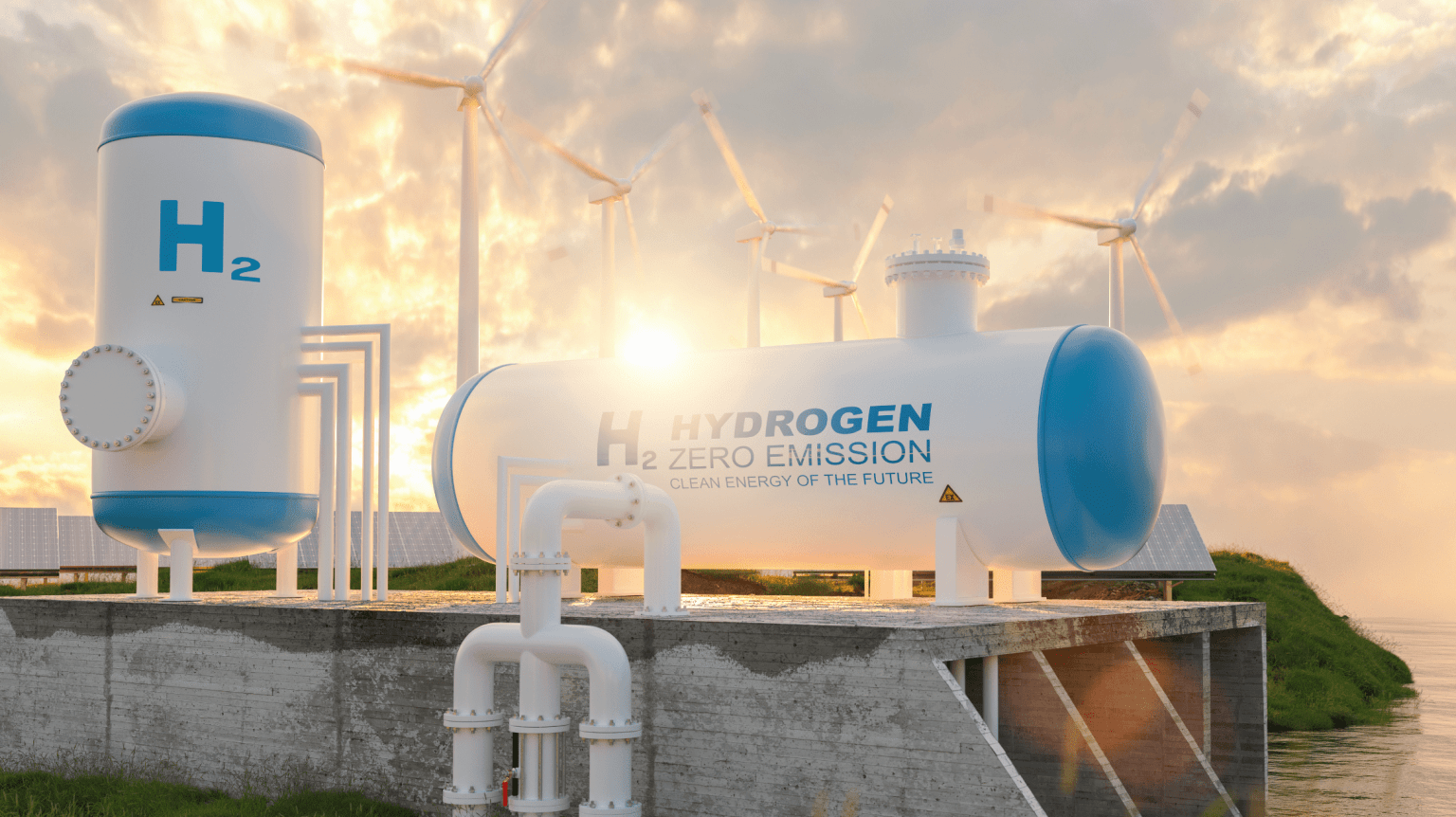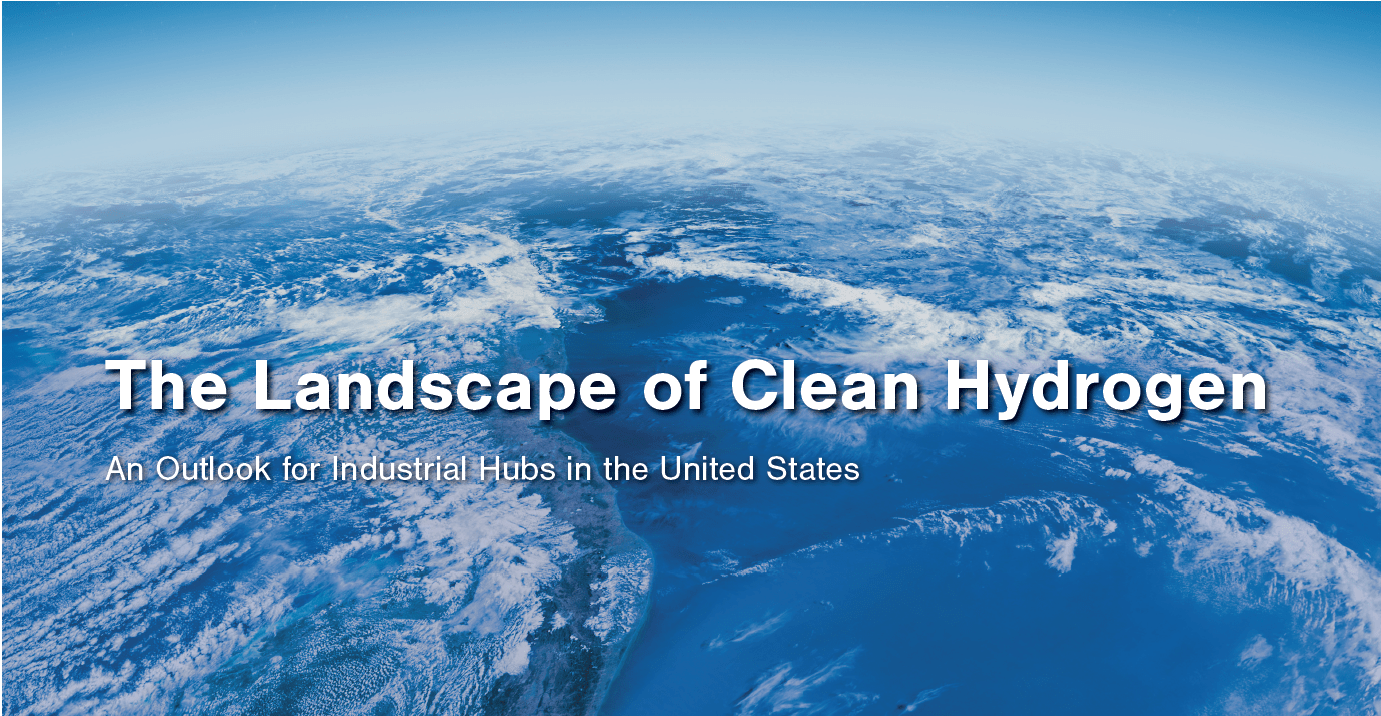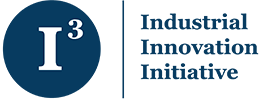Carrie Danner joined the Great Plains Institute in 2023 and serves as the operations coordinator for the Carbon Management team. In her work, she supports all projects within the program to elevate operations, specifically in the grant making and event planning spaces. Carrie earned a bachelor’s degree from Knox College in environmental studies. Prior to joining GPI, she supported programs at the Conservation Corps of Minnesota & Iowa as their member experience administrator.
Author: Kate Sullivan
-

Industrial Innovation Initiative Releases State Toolkit for Industrial Decarbonization
Key Takeaways Meeting midcentury climate goals will require an industrial transformation, and states will play a vital role. The Industrial Innovation Initiative (I3) is excited to announce the release of its State Toolkit for Industrial Decarbonization. The toolkit aims to help state officials and industry leaders make informed decisions and take actionable measures to reduce…
-

Initiative Responds to 45V Clean Hydrogen Tax Credit
In early 2024, the Initiative convened its members to review the regulations and draft a consensus-based response to DOE’s draft regulations for the 45V Clean Hydrogen tax credit program. In the spring, the Initiative convened again to draft a second consensus-based response to DOE related to the Provisional Emissions Rates portions of the 45V regulations.”
-

Letter of Support: PROVE IT Act
I3 supports the PROVE IT Act, which enjoys bipartisan backing in both chambers of Congress. Determining the carbon intensity of American-made goods can enhance US competitiveness and increase transparency. We look forward to working with Congress to pass this important legislation.
-

EPA Awards $636 Million in Grants for Industrial Projects
On July 22, the Environmental Protection Agency (EPA) announced $4.3 billion in Climate Pollution Reduction Grants (CPRG) to states, tribes, municipalities, and coalitions of these entities. Authorized under the Inflation Reduction Act, the CPRG program supports the development and implementation of ambitious state and local plans to reduce greenhouse gas emissions and other harmful air…
-

I3 Responds to DOE Request for Information on Transforming Industry
Responding to DOE’s Industrial Efficiency and Decarbonization Office RFI on Transforming Industry presented a significant opportunity for I3 to shape DOE’s overall strategy for industrial decarbonization, as the RFI will inform a new DOE vision study, Pathways for US Industrial Transformations: Unlocking American Innovation. The RFI was expansive and asked dozens of questions. The Initiative…
-

State Best Practices Guide for Decarbonizing Industry
A new guide from the Industrial Innovation Initiative (I3) – a partnership among industrial, labor, and environmental stakeholders – recommends a suite of state policies and approaches to scale industrial decarbonization solutions. The State Best Practices Guide for Decarbonizing Industry pairs state-level policy recommendations with real-world examples of state legislation in use or under consideration across…
-

Statement for the Record: Senate EPW Committee
I3 commends Chairman Carper and the Committee for convening the hearing, Opportunities in Industrial Decarbonization: Delivering Benefits for the Economy and the Climate. This hearing demonstrates that the Committee understands there is more work to be done in expanding demand-side programs, removing barriers to building hydrogen and carbon dioxide pipelines, and constructing long-distance electrical transmission…
-

Department of Energy Announces First Round of Hydrogen Hub Awards
The Industrial Innovation Initiative (I3) released the following statement today regarding the Department of Energy’s announcement that seven hydrogen hubs were selected to receive a total of $7 billion under the Bipartisan Infrastructure Law’s Regional Clean Hydrogen Hubs Program. This statement may be attributed to David Soll, Industrial Decarbonization Manager at the Great Plains Institute: “Today’s selection of seven…
-

New Report: The Landscape of Clean Hydrogen
Minneapolis, MN/Washington, DC, May 24, 2023 – Clean Hydrogen production must quickly scale beyond the US Department of Energy’s (DOE) initial H2Hubs program locations in order to reach DOE’s clean energy targets over the next three decades, according to The Landscape of Clean Hydrogen: An Outlook for Industrial Hubs in the United States released today by Carbon…
-

Supporting Lower Emissions Labeling for Construction Materials
The Environmental Protection Agency (EPA) has a key role to play in ensuring the responsible advancement of the solutions needed to decarbonize the industrial sector, by providing assistance for environmental product declarations (EPDs), validating emissions reductions with data, and supporting low emissions labeling for construction materials. The Industrial Innovation Initiative has prepared a response to EPA’s request for information to…
